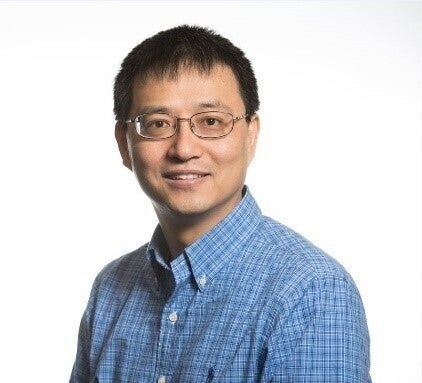The power grid is evolving rapidly to meet the requirements of the clean energy transition. This evolution involves an increasing penetration of renewable energy resources and new complexities with a larger number of devices and controls spread across transmission and distribution networks. Consequently, we face significant challenges in managing the fundamental shift in power system physics. Fortunately, with more data available than ever and enhanced computing capabilities, we now have essential tools that help us understand and manage these complexities.Data analytics and computing can play a crucial role in accelerating the clean energy transition and building a more sustainable future. By analyzing data collected from across the energy system with advanced data analytics and computing technologies, we gain opportunities to enhance grid management, control, and optimization. However, the challenges also arise with significantly increased data volume and model complexity. This demands faster computation and the development of new analytics methods.This presentation will explore the challenges and opportunities brought by the clean energy transition, and discuss how data, data analytics, and computing converge to enable a future grid that is not only clean, but also reliable and resilient. We will also discuss related research activities and tools to address these challenges.

Yousu Chen is a chief engineer at Pacific Northwest National Laboratory, where he manages the interdisciplinary Advanced Grid Modeling program covering mathematics, computing, modeling, simulation, and data analytics. His main research interests include high-performance computing, data analytics, AI/ML, and quantum computing applications to power grids, power system modeling, simulation, control, and decision support. Dr. Chen is a research professor at the University of Denver, an IEEE PES Distinguished Lecturer, and a recipient of the 2016 IEEE Member and Geographic Activities Leadership Award and the 2018 R&D 100 Award.

